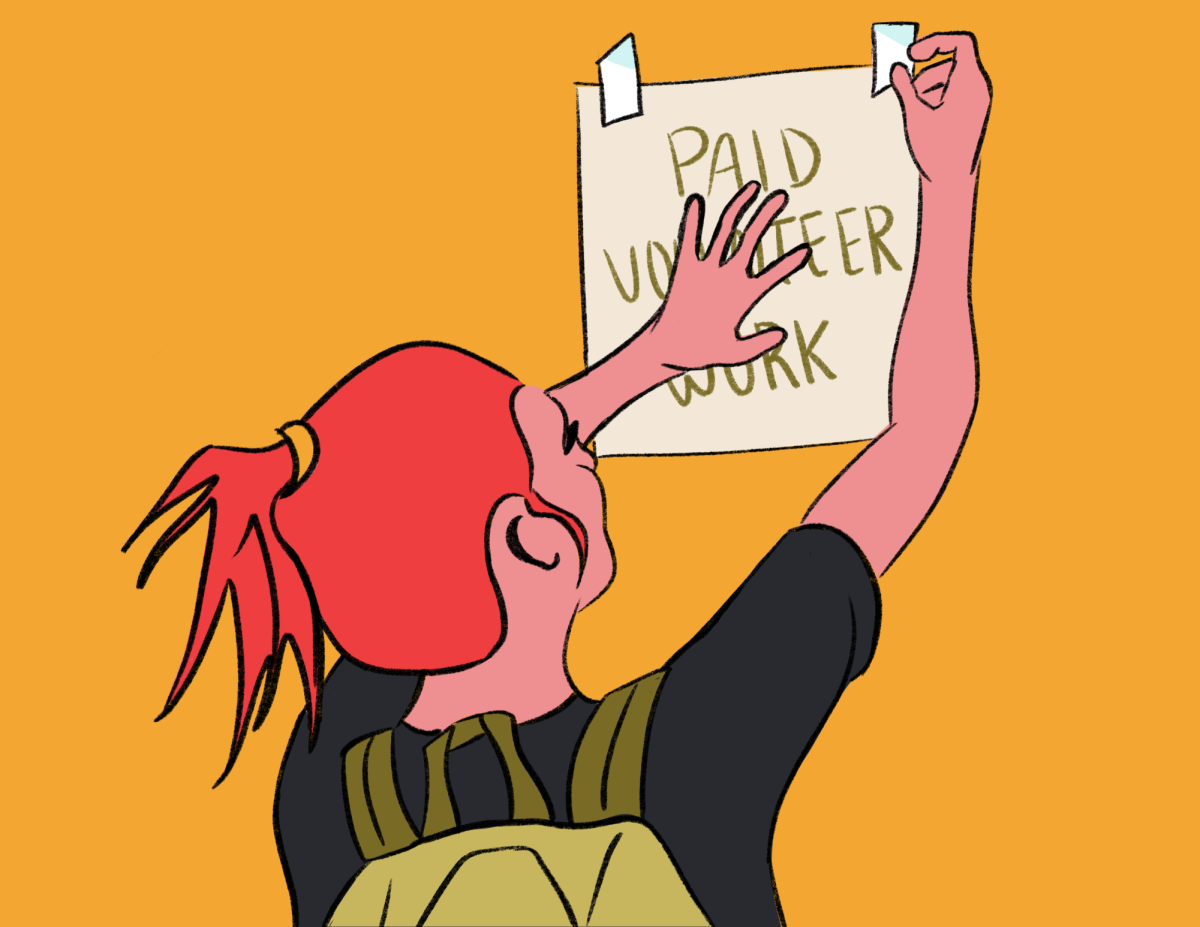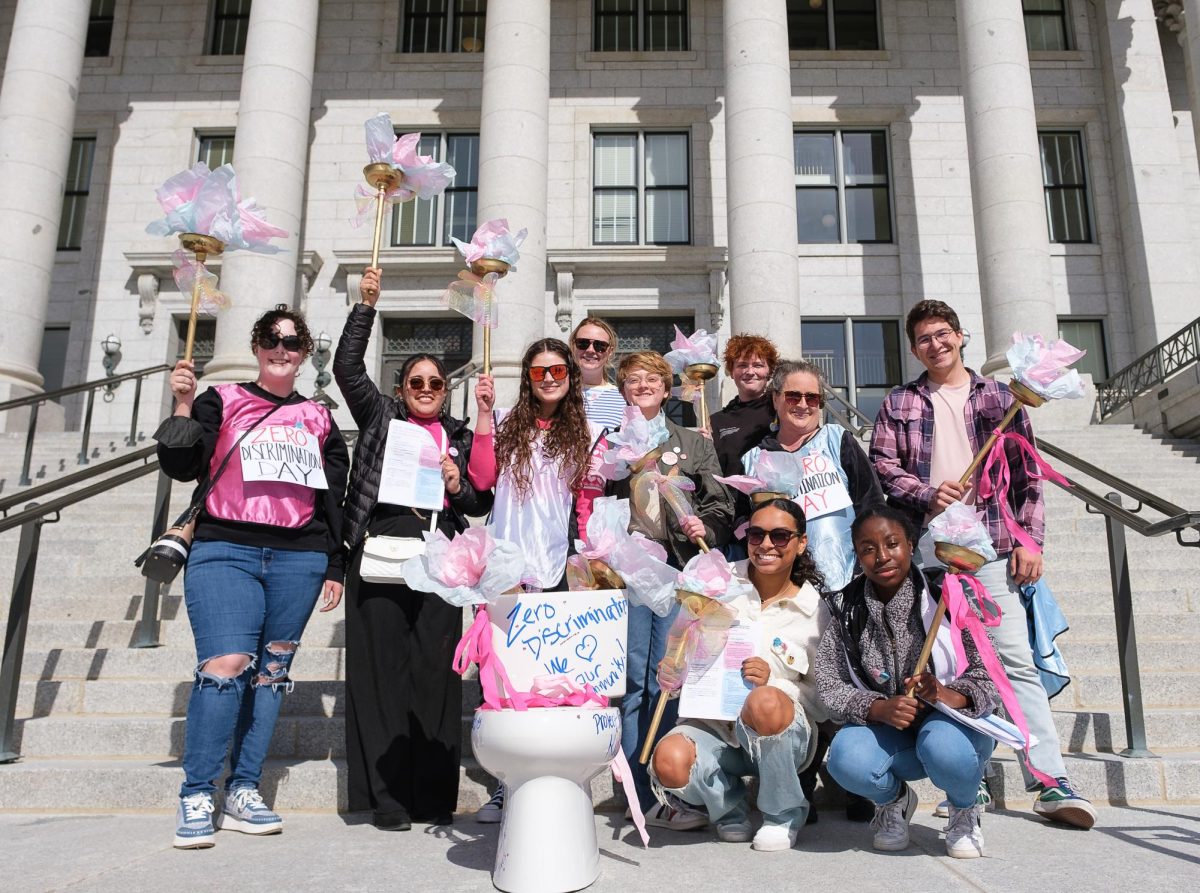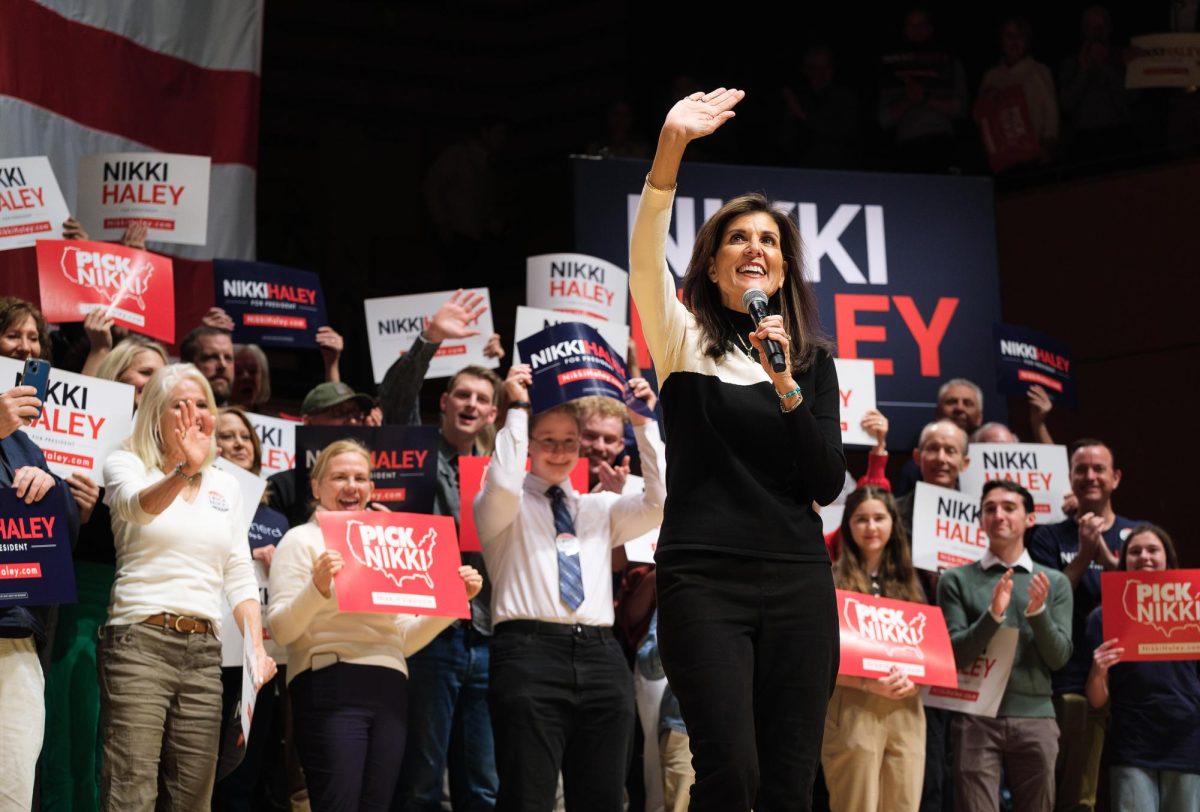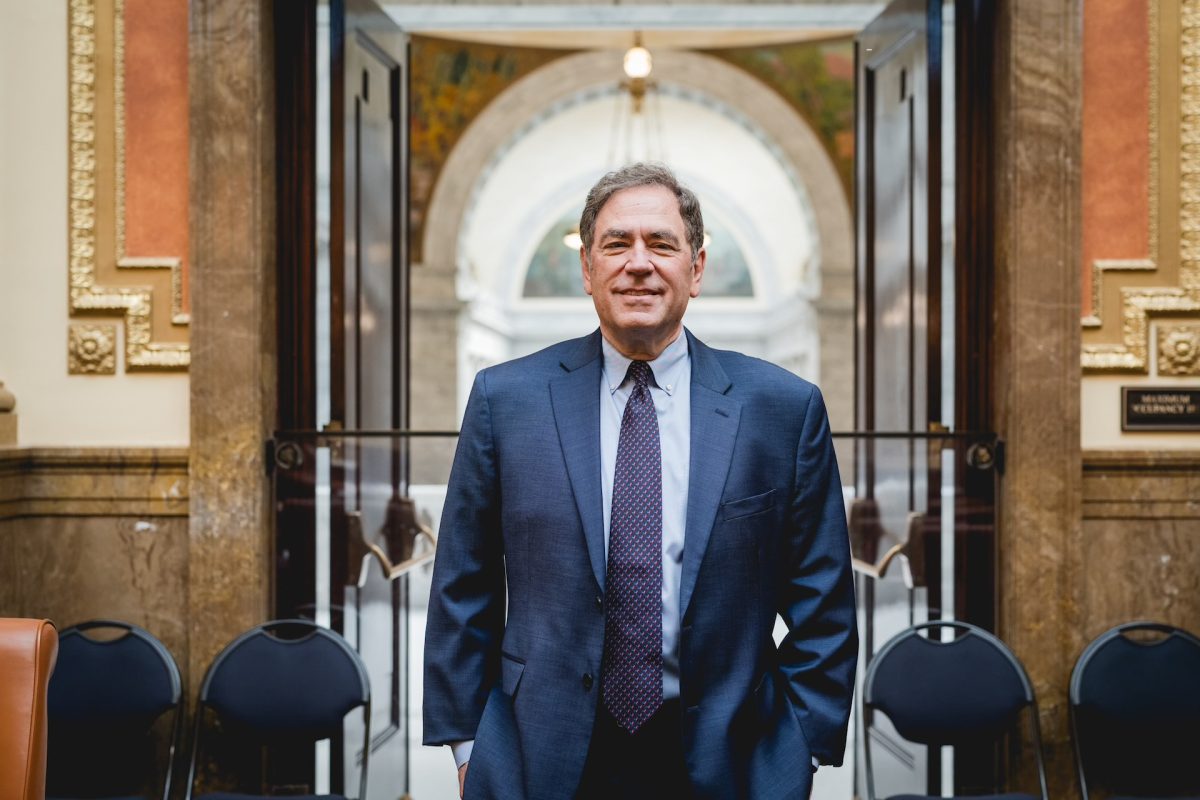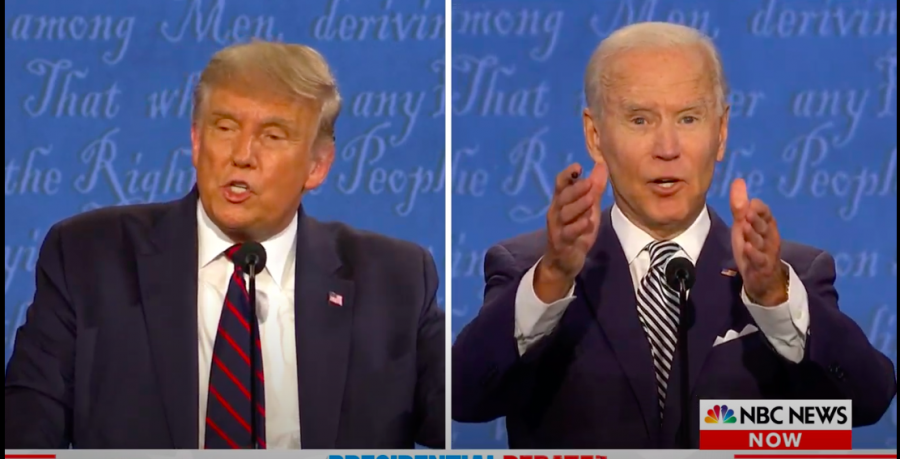
The U’s Sustainability Resource Center, in partnership with Rocky Mountain Power and Questar Gas, is offering free home energy and water conservation audits to students beginning in October.
Appointments with student energy ambassadors can be set up now online, through the Resource Center’s website. Any style of residence — homes, apartments and even the dorms in Fort Douglas — are eligible. Some distance restrictions apply — homes need to be within an approximately 30-minute drive.
After students set up an appointment, two student ambassadors trained by representatives from the Sustainability Resource Center, Rocky Mountain Power and Questar, will come to your home to ask a few questions about the building and your energy usage and take a few measurements.
They then suggest conservation solutions specific to the residence — these solutions will aim to help students save money and cut down on energy usage.
The ambassadors help install energy efficient attachments and supplies, like CFL lightbulbs, aerating faucet heads and green power strips.
Ayrel Clark, the Outreach and Education coordinator for the Sustainability Resource Center, said these services are meant to provide two major benefits to students. First, the immediate benefit, is helping students save on utilities costs. The second long term impact is increasing energy efficiency.
Clark said energy and water efficiency tips would be beneficial not only to current residencies, but to future ones as well, and they can also impact universities.
“Universities have a responsibility to lead [on these issues],” Clark said. “And this is an opportunity for the university to let students take action.”
The Energy and Environmental Stewardship initiative created goals for the U’s energy and water use, among them making the campus carbon neutral by 2050 and water neutral by 2020. The initiative also contains an educational component — the Energy Ambassadors program, said Clark, is a key component of the campus’ goals.
Miles Rytting, a senior in economics and environmental studies, is one of three ambassadors visiting residences. Rytting said personal lifestyle changes are the most important component of saving energy.
“They’re kind of tough, because people don’t really want to change what they do,” Rytting said. “That, multiplied across an entire society, leads to energy and water conservation.”
Kylee Cornwall, a sophomore in psychology, said she thinks her personal habits are sustainable.
“I live in a brand new apartment — so I don’t think I’d really need [an audit],” Cornwall said. “I’d be interested in it if it was an older house. I’m pretty good at turning off lights, and we don’t take very long showers.”
Rytting added that he’s excited to help educate students about personal sustainable practices. This year, the ambassadors expect to perform 75 audits, and a few educational lectures and symposiums.
[email protected]
@SeymourSkimmer
Sustainability Saves Students Money
September 29, 2014









